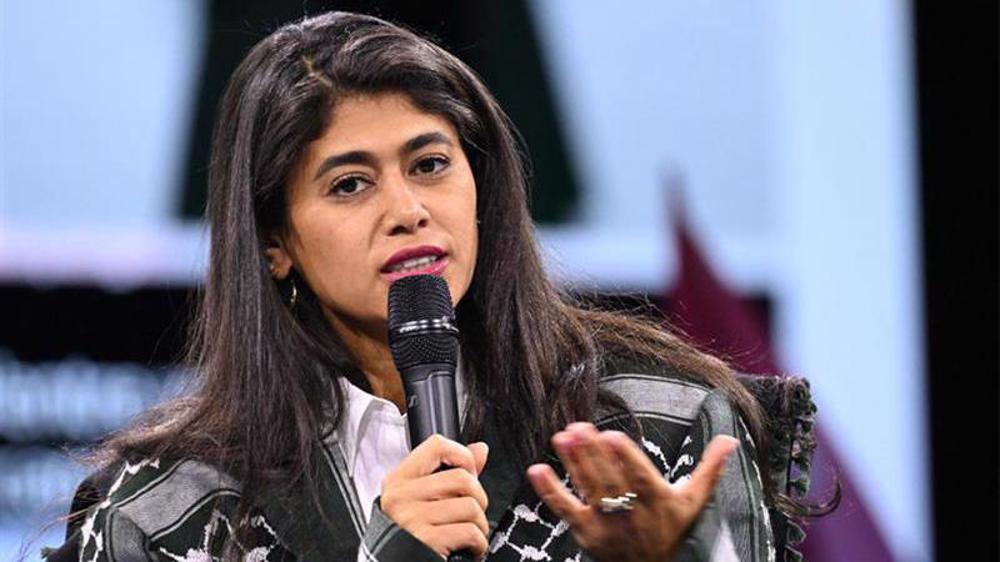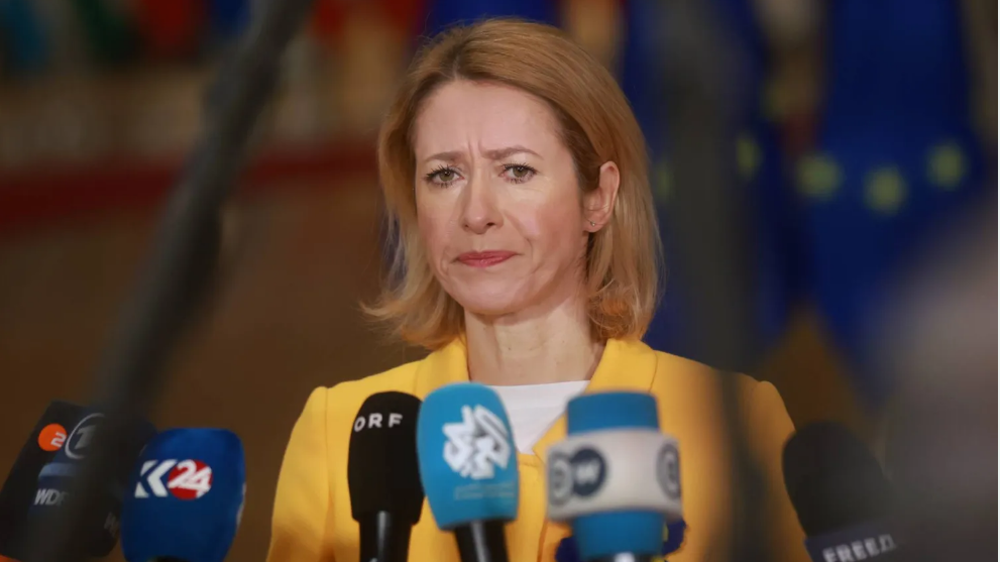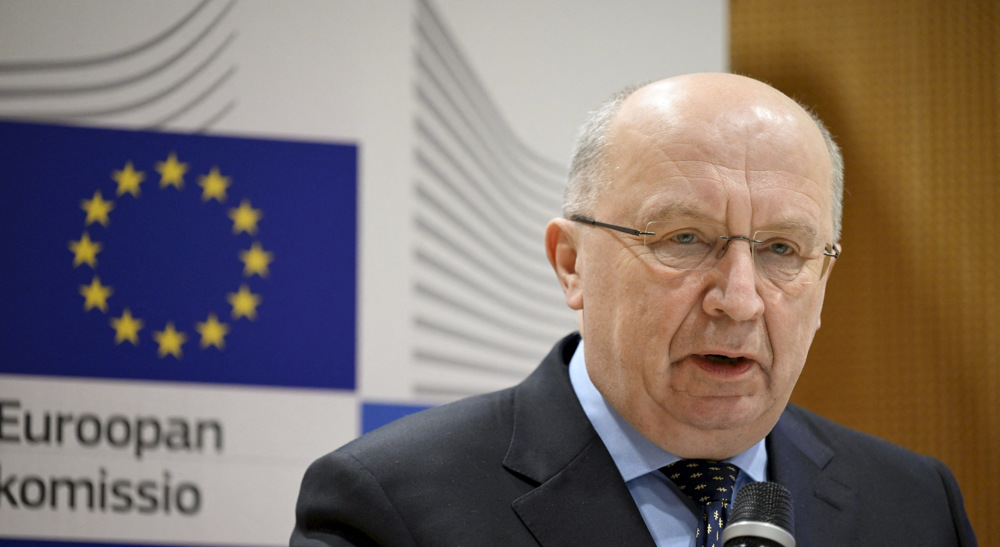EU fails to adopt new sanctions against Russia
The European Union (EU) foreign ministers have finished their emergency meeting on Ukraine without agreeing on major new sanctions on Russia.
The extraordinary meeting ended in Brussels Thursday with EU foreign ministers extending visa bans and asset freezes on a number of Russian and Ukrainian officials until September. The bans were enforced in March after Western governments accused Russia of annexing Crimea.
The meeting, however, signaled an increasing division between EU members over the usefulness of the body’s sanctions on Moscow. Russia has already been hit by several rounds of Western sanctions, although the restrictive measures have backfired on the economy of the European countries.
Some member states, including Greece, have voiced concern over the adoption of new sanctions as they may take their toll on weaker European economies.
More powerful countries in the EU expected the Thursday meeting to lay the foundations for further broad-spectrum anti-Russia sanctions. However, the foreign ministers only agreed to extend the individual bans. They also discussed some new names to be blacklisted in the future, but they did not agree on adding them to the list.
Ukrainian Foreign Minister Pavlo Klimkin said before the meeting that he expects his EU counterparts later in the day to consider more “robust measures” against Russia.
The meeting was called Tuesday after a reported surge in violence in east Ukraine killed more than 30 government troops. Kiev blamed the Pro-Russian militants for the escalation of violence near the port city of Mariopol.
Fierce clashes have also erupted in the strategic town of Debaltseve, which connects the two main militant strongholds of Lugansk and Donetsk.
International efforts to reach a truce in east Ukraine have failed so far with Western governments accusing Russia of supporting the armed militancy against the Ukrainian government. Moscow denies the charges, saying Kiev must stop the suppression of the ethnic Russian population in the area.
MS/NN
EU ministers to discuss further sanctions on Russia: Kiev

French leader decries ‘unprecedented diplomatic scandal’ after Israel bars European MPs

EU imposes new sanctions on Russia on third anniversary of Ukraine war

EU weighting new aid package to Ukraine ‘to show support’ amid rift with US
Russia: Threats of using military force against Iran’s nuclear sites ‘unacceptable’
VIDEO | Ramadan in Iran
VIDEO | Trump's controversial moves
VIDEO | Yemen downs 15th sophisticated American drone; vows to keep up support for Gaza, Lebanon
Power generated by Iran’s only nuclear plant at over $8bn: Report
Israel’s Ben Gvir to Netanyahu: Bomb aid deliveries into Gaza
VIDEO | Israel seizes administration of Ibrahimi Mosque, sparking Palestinian outrage
UN envoy warns Israel against ‘unacceptable’ military escalation in Syria







 This makes it easy to access the Press TV website
This makes it easy to access the Press TV website